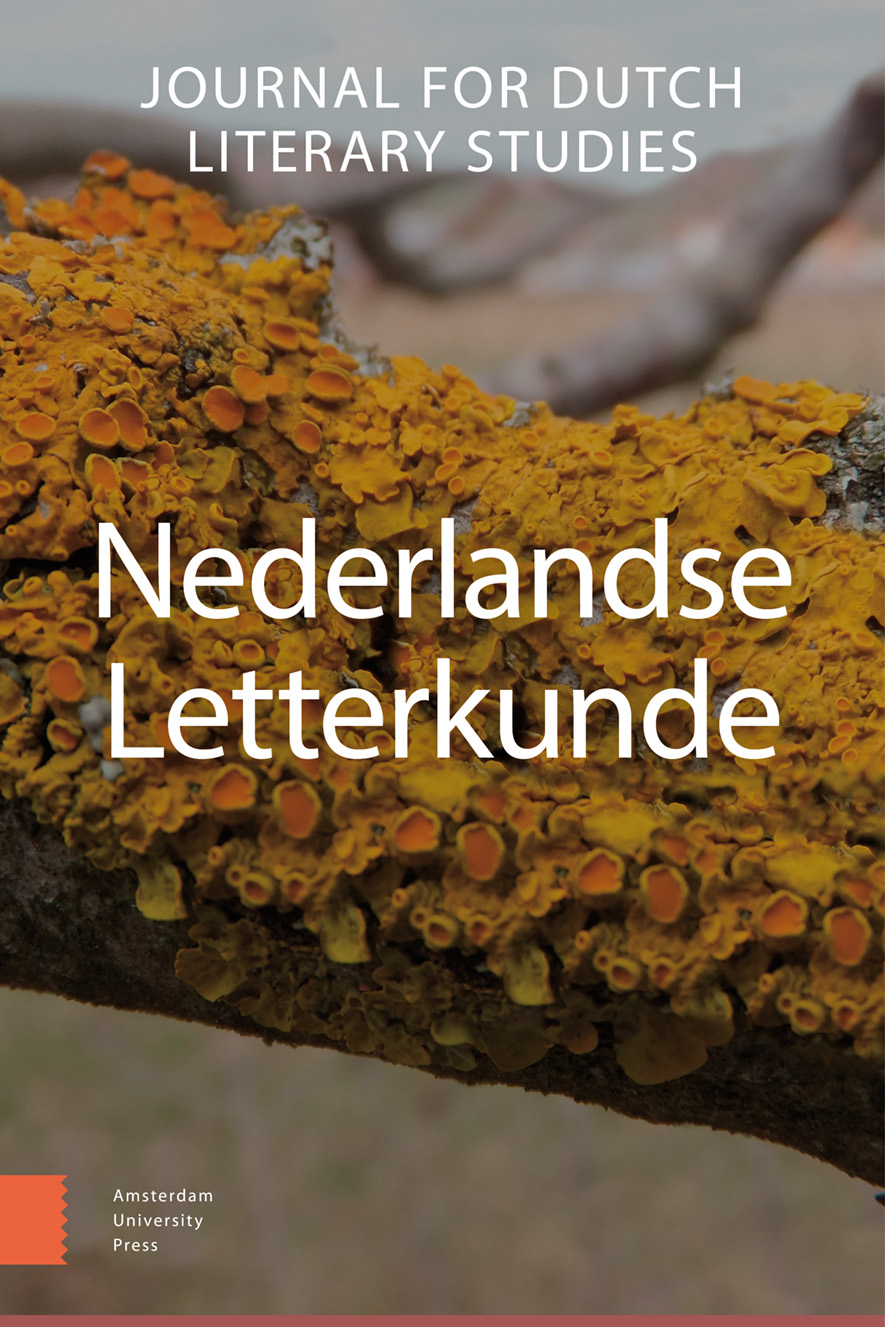-
oa A ‘guardian to Literature and its cousins’. The early politics of the PEN Club
- Amsterdam University Press
- Source: Nederlandse Letterkunde, Volume 16, Issue 3, Dec 2011, p. 132 - 151
Abstract
The PEN Club formed in London in 1921 as a dinner circle for writers. Though its founders preferred to emphasize the Club’s cultural significance, this article tracks PEN’s politicization during its first decade. A Cornish novelist named C.A. Dawson Scott proposed the Club as a way to heal the rifts of World War I. British writers of sufficient stature would meet monthly giving writers from abroad a forum to meet their British counterparts. PEN’s first President, the Nobel-prizer John Galsworthy, encouraged the group’s apolitical self-image. Writers should stand aside from politics, he argued, precisely so that they might influence the politicians, diplomats, and powerbrokers who had led the world to war. PEN members rarely spoke of politics when they gathered, instead debating the boundaries of “literary” writing and the role of art itself. By refining their conception of aesthetics and cordoning off a space for cultural activity within civil society, this article argues that PEN members made a bold move into the political sphere they professed merely to influence. In doing so they foreshadowed the position that predominated among centrist and liberal writers on the Western side of the Iron Curtain during the Cold War.


